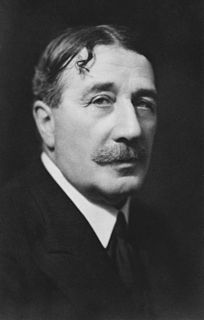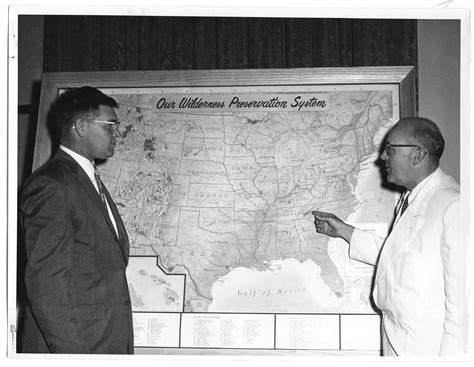A Quote by Emile Chartier
Man himself is an enigma in motion; his questions never stay asked; whereas the mold, the footprint, and by natural extension, the statue itself, like the vaults, the arches, the temples with which man records his own passing, remain immobile and fix a moment of man's life, upon which one might endlessly meditate.
Related Quotes
I believe that the unity of man as opposed to other living things derives from the fact that man is the conscious life of himself. Man is conscious of himself, of his future, which is
death, of his smallness, of his impotence; he is aware of others as others; man is in nature, subject to its laws even if he transcends it with his thought.
Every man is of importance to himself, and, therefore, in his own opinion, to others; and, supposing the world already acquainted with his pleasures and his pains, is perhaps the first to publish injuries or misfortunes which had never been known unless related by himself, and at which those that hear them will only laugh, for no man sympathises with the sorrows of vanity.
By Liberty I understand the Power which every Man has over his own Actions, and his Right to enjoy the Fruits of his Labour, Art, and Industry, as far as by it he hurts not the Society, or any Members of it, by taking from any Member, or by hindering him from enjoying what he himself enjoys. The Fruits of a Man's honest Industry are the just Rewards of it, ascertained to him by natural and eternal Equity, as is his Title to use them in the Manner which he thinks fit: And thus, with the above Limitations, every Man is sole Lord and Arbitrer of his own private Actions and Property.
If men lived like men indeed, their houses would be temples -- temples which we should hardly dare to injure, and in which it would make us holy to be permitted to live; and there must be a strange dissolution of natural affection, a strange unthankfulness for all that homes have given and parents taught, a strange consciousness that we have been unfaithful to our fathers honor, or that our own lives are not such as would make our dwellings sacred to our children, when each man would fain build to himself, and build for the little revolution of his own life only.
In the absence of government each man learns to think, to act for himself, without counting on the support of an outside force which, however vigilant one supposes it to be, can never answer all social needs. Man, thus accustomed to seek his well-being only through his own efforts, raises himself in his own opinion as he does in the opinion of others; his soul becomes larger and stronger at the same time.
It is God's earth out of which man is taken. From it he has his body. His body belongs to his essential being. Man's body is not his prison, his shell his exterior, but man himself. Man does not "have" a body; he does not "have" a soul; rather he "is" body and soul. Man in the beginning is really his body. He is one. He is his body, as Christ is completely his body, as the Church is the body of Christ
It is not a slight thing, gentlemen, to force a man to say what he is, or what he believes himself to be; for that supreme word of man, that single expression which he utters of and upon himself is decisive. It lays down the basis upon which all judgment of him is to be formed. From that moment all the acts of his life must correspond to the answer given by him.
One of man's important mistakes, one which must be remembered, is his illusion in regard to his I. Man such as we know him, the 'man-machine,' the man who cannot 'do,' and with whom and through whom everything 'happens,' cannot have a permanent and single I. His I changes as quickly as his thoughts, feelings and moods, and he makes a profound mistake in considering himself always one and the same person; in reality he is always a different person, not the one he was a moment ago.
Criticism has plucked the imaginary flowers on the chain not in order that man shall continue to bear that chain without fantasy or consolation, but so that he shall throw off the chain and pluck the living flower. The criticism of religion disillusions man, so that he will think, act, and fashion his reality like a man who has discarded his illusions and regained his senses, so that he will move around himself as his own true Sun. Religion is only the illusory Sun which revolves around man as long as he does not revolve around himself.
If a man, holding a belief which he was taught in childhood or persuaded of afterwards, keeps down and pushes away any doubts which arise about it in his mind, purposely avoids the reading of books and the company of men that call in question or discuss it, and regards as impious those questions which cannot easily be asked without disturbing it - the life of that man is one long sin against mankind.
The idea of beauty which man creates for himself imprints itself on his whole attire, crumples or stiffens his dress, rounds off or squares his gesture, and in the long run even ends by subtly penetrating the very features of his face. Man ends by looking like his ideal self. These engravings can be translated either into beauty or ugliness; in one direction, they become caricatures, in the other, antique statues.









































